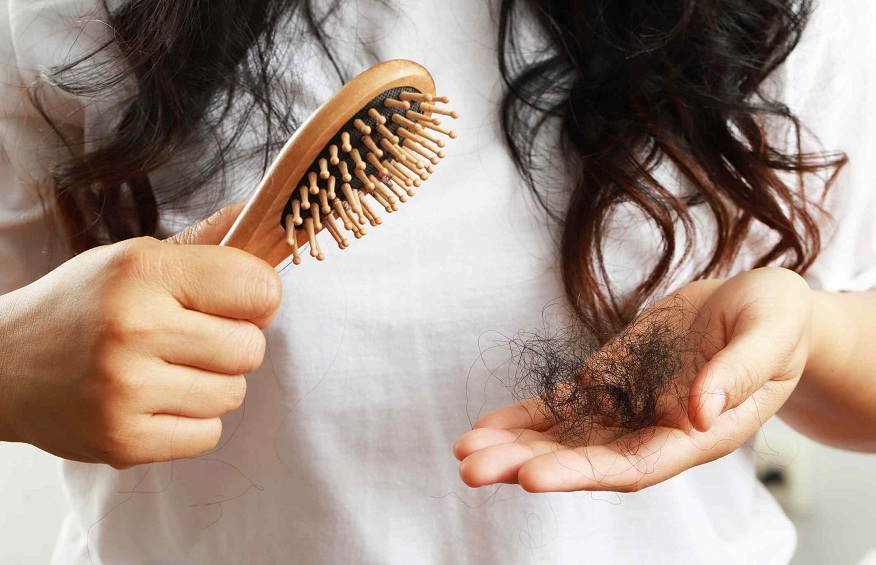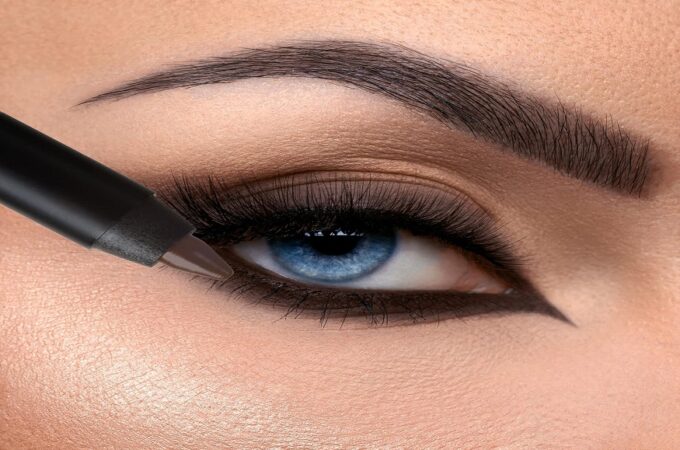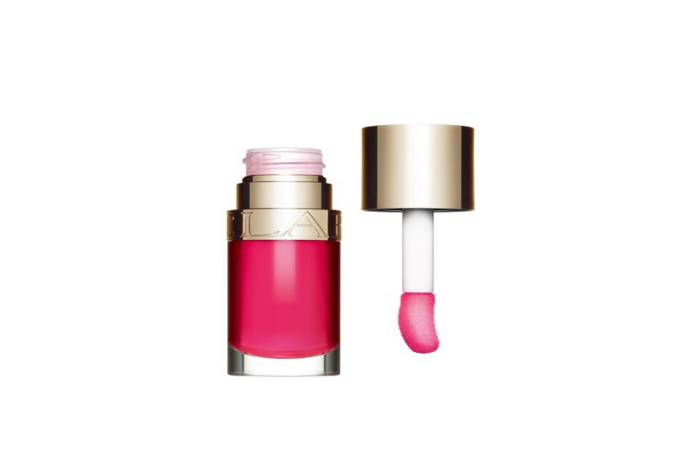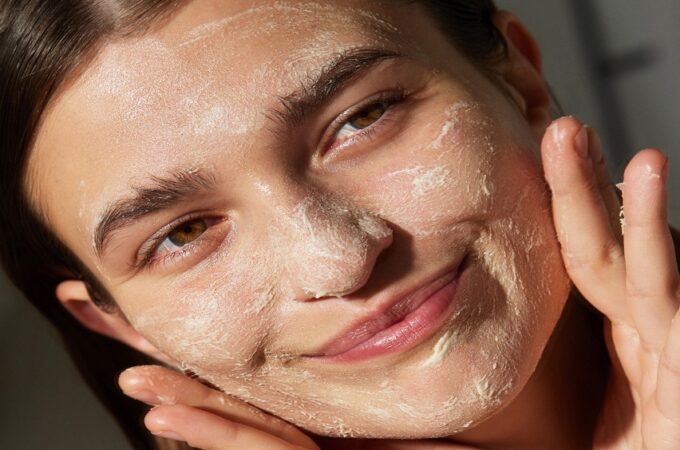
How to Healthily Regrow Your Hair
The truth is anyone can experience hair loss. It doesn’t matter your gender or age; hair loss can even occur in children. And that’s because there are many different causes of hair loss. From genetics to stress, hair loss is common — but it’s also frustrating.
Thankfully, there are treatments to combat hair loss and encourage new hair growth. In this article, we highlight a few tips to help you regrow your hair. From using a topical treatment to managing your stress levels, here’s what you need to know:
1. Use Topical Treatments
Are you struggling with male pattern baldness? Don’t panic. While male pattern baldness can be embarrassing, it’s common. In fact, men can experience this type of hair loss as early as their 20s — although it’s more common as they reach middle age. The good news is male pattern baldness typically starts slow, giving you time to treat the condition before it progresses.
One of the best-known treatment options for male pattern baldness is minoxidil. As a topical, minoxidil is applied directly to the scalp. It then improves blood flow to the scalp and stimulates hair growth. With regular application, minoxidil helps increase the size of hair follicles to promote the growth of thicker and healthier hair.
One of the benefits of minoxidil is that you’re able to use it in the comfort of your home. Unlike other hair restoration treatments that require an office visit, you simply apply a small amount of minoxidil to your scalp once or twice a day.
2. Manage Your Stress Levels
Telogen effluvium is a common type of hair loss. It typically impacts people after they’ve experienced a severe stressor or dramatic change to their body. The severe stress forces the hair follicles into a “resting phase” that eventually leads to hair loss as they shed more quickly.
Telogen effluvium is common in people who’ve recently given birth, suffered a severe illness, or recently underwent a serious surgery. During the pandemic, many people diagnosed with COVID-19 also suffered from telogen effluvium. This temporary shedding was typically caused by the high fevers typical with COVID-19, which disrupts the natural growth of hair cells.
While telogen effluvium can be frustrating and even embarrassing, it’s usually easily reversible. In most cases, your hair will grow back as your stress levels decrease and/or your body heals. If you think you’re experiencing telogen effluvium, find management techniques to lower your stress. Consider taking some time off work, going on regular walks, or practicing self-care. If nothing seems to help, consult with a medical professional to learn about more options.
3. Try Essential Oils
Chances are, you’ve used essential oils before as a scent enhancer. But it turns out some types of oils can also combat hair loss and thinning. Essential oils can stimulate the scalp and hair follicles to promote new hair growth when applied topically. Since essential oils are extracted from plants, they distill vitamins that can improve scalp health.
It’s important to note that not every essential oil is ideal for hair growth. Dermatologists recommend using specific ones, like rosemary and peppermint. Rosemary has been found to improve cell proliferation, in turn, encouraging hair growth. Because peppermint can help boost circulation (think of that cool, tingly feeling), it’s also believed to promote hair growth.
When applying the oils, give yourself a scalp massage as well. Scalp massages can stimulate hair growth and improve blood circulation within the hair follicles. Not to mention, scalp massages feel good and can help you feel more relaxed and calm. You’ll want to leave essential oils in your hair for at least 10 minutes before washing them out, and twice a week is a fairly standard routine.
4. Switch Up Your Diet
Your diet plays a vital role in everything going on in your body, including the health of your hair. If you want to combat hair loss or help your hair grow, pay attention to your diet. Healthy hair needs a variety of vitamins and minerals. If you’re consuming too little or too much of a certain nutrient, that can impact your hair’s health.
For example, protein is an essential nutrient for healthy hair. It plays a key role in growing and repairing the cells in your body, including hair cells. A diet low in protein can lead to hair loss and thinning. That’s why it’s important to make sure you’re consuming enough protein every single day. Luckily, protein can be found in many different foods, like fish, eggs, poultry, and dairy products. If you’re a vegetarian or vegan, you can consume more beans, tofu, quinoa, etc.
Iron is another important nutrient for healthy hair growth. Low iron levels can lead to anemia, known to cause extreme fatigue, pale skin, and, you guessed it, hair loss. Make sure you’re consuming enough iron by eating dark leafy greens, legumes, and turkey. You can also take iron supplements to boost your levels, but talk to a doctor before you start. Consuming too much iron can be dangerous.
Take Action
It’s normal to lose a few strands of hair every day. But if your hairline is receding or you notice more than a few strands falling out, you may be experiencing hair loss. Don’t panic. Hair loss is normal. Thankfully, most types of hair loss are treatable — and you don’t have to spend thousands worth on treatments. Rather, use the tips above to combat hair loss and regrow your hair so it’s healthy and strong.





